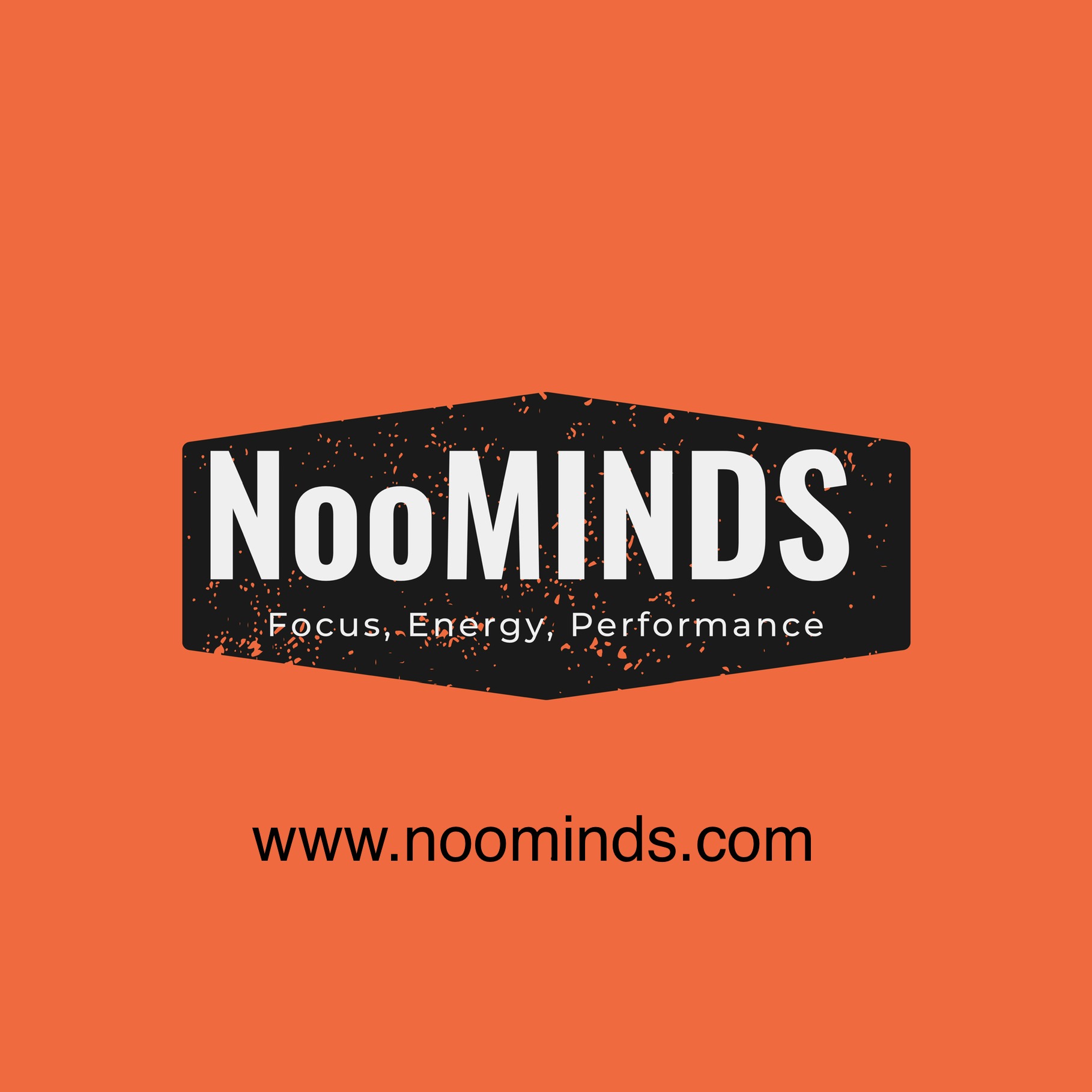How to Fuel Your Body for Long-Distance Performance
- Craig Elliott
- Jun 18
- 4 min read
To excel in long-distance events, proper nutrition is crucial. The right fuel can enhance your performance, increase endurance, and speed up recovery. Whether you're preparing for a marathon, triathlon, or any other endurance activity, understanding how to nourish your body is key. This blog will explore practical strategies for endurance nutrition, ensuring you have the energy needed to go the distance.
Understanding Endurance Nutrition
Endurance nutrition involves the intake of the right foods and fluids to sustain energy levels during prolonged physical activity. When you engage in long-distance training or events, your body primarily relies on carbohydrates for fuel. Carbohydrates are stored as glycogen in muscles and the liver, and they are the most efficient source of energy for endurance athletes.
Scientific studies have shown that carbohydrate intake significantly impacts performance. For instance, athletes who consume approximately 6 to 10 grams of carbohydrates per kilogram of body weight per day can enhance endurance capacity. This is essential for keeping glycogen stores optimized.

Key Macronutrients: The Building Blocks of Performance
Carbohydrates
Carbohydrates are the cornerstone of endurance nutrition. They are found in foods like pasta, rice, bread, fruits, and vegetables. It's essential to consume complex carbohydrates that digest slowly, such as whole grains, to maintain stable energy levels throughout your training sessions and races.
During training, aim to ingest 30 to 60 grams of carbohydrates per hour. This can include energy gels, bananas, or sports drinks that provide quick energy when you need it most.
Proteins
While carbohydrates serve as your primary fuel, proteins play a vital role in recovery and muscle repair. Consuming protein after long workouts can help rebuild microscopic tears in muscle fibers, preparing you for your next training session. Ideal protein sources include lean meats, fish, eggs, dairy products, and plant-based options like beans and lentils.
The general recommendation for endurance athletes is about 1.2 to 1.4 grams of protein per kilogram of body weight. For example, a 70 kg athlete should consume between 84 to 98 grams of protein daily.

Fats
Fats are a dense source of energy and should not be overlooked in your training diet. Healthy fats, such as those found in avocados, nuts, seeds, and olive oil, have an essential role in hormone production and joint health. As athletes train longer, their bodies become more efficient at utilizing fat as a fuel source, especially at lower intensities.
Incorporate healthy fats into your meals but do so in moderation. Around 20 to 35 percent of your total caloric intake should come from fats.
Staying Hydrated: The Importance of Fluids
Hydration is an often-underestimated aspect of endurance nutrition. Maintaining fluid balance is essential for performance and can help prevent fatigue. During long events, losing just 2 to 3 percent of body weight through sweat can lead to a significant decrease in performance.
Pre-Hydration
Before your event or training, ensure you're well-hydrated. Consider consuming about 500 mL of water or an electrolyte drink a few hours before your workout. This helps to prime your body for the strenuous activity to come.
Hydration During Activity
During long-distance runs or rides, aim to drink about 500 to 1000 mL of fluid per hour, adjusting based on sweat rate and weather conditions. Use drinks that contain electrolytes to enhance hydration and retention.
Post-Workout Rehydration
After your training session, replenish lost fluids promptly. Water is essential, but for intense or extended efforts, electrolyte beverages can be even more beneficial for recovery.

Timing Your Nutrition for Maximum Benefit
Pre-Workout Meals
What you eat before a workout can greatly impact your performance. Aim for a meal high in carbohydrates and moderate in protein about 3 to 4 hours before your activity. A good example would be oatmeal with fruit or a whole-grain sandwich with turkey.
During the Workout
As mentioned earlier, consuming carbohydrates during endurance efforts is essential. Energy gels, chews, or sports drinks can help maintain energy levels and keep blood sugar stable throughout your training.
Post-Workout Recovery
Post-exercise nutrition is equally important. Within 30 minutes of finishing your workout, consume a mix of carbohydrates and proteins to aid recovery. A smoothie made with fruits and yogurt or a protein shake with a banana would be excellent choices.
Practical Tips for Successful Endurance Nutrition
Meal Planning: Prepare meals in advance, focusing on whole foods that provide complex carbohydrates, healthy fats, and proteins.
Listen to Your Body: Everyone’s nutritional needs vary; tune in to what works best for your body for training and recovery.
Experiment During Training: Test different foods and hydration strategies during your training sessions. The goal is to determine what you can tolerate and what gives you the best performance.
Maintain Variety: Include variety in your diet to prevent nutrient deficiencies and keep meals interesting.
As you integrate these strategies, remember that a well-balanced approach to nutrition is essential for long-distance success. For those interested in more details about specific strategies and best practices, resources like endurance athlete nutrition can provide valuable insights.
Final Thoughts
The journey to improving your endurance performance starts with the food you fuel your body with. By understanding the complexities of endurance nutrition, focusing on nutrient timing, and staying hydrated, you’ll have the tools you need to succeed. Every athlete is unique, but with dedication and the right nutritional strategy, you can reach your endurance goals and enjoy the process along the way.




Comments